As Queensland Law Society celebrates its 150-year anniversary, it presents the opportunity to highlight First Nations peoples who have been exemplars in the legal profession.
QLS First Nations Legal Coordinator Heather Ferris was fortunate to speak with Justice Lincoln Crowley about his journey, his path to the judiciary and the importance of Indigenous representation in law.
A proud descendant of the Northern Territory’s Warramunga peoples, his Honour made history in 2018 by becoming the first Indigenous person to be appointed Queen’s Counsel in Queensland. More recently, in 2022 and after 20 years of practicing at the Bar, Justice Crowley also became the first to be appointed to a Supreme Court in Australia.
“I never aspired to be the first Indigenous person to be appointed as a Judge of the Supreme Court of Queensland, but I was immensely proud to have the honour of such a historic achievement.”
Justice Crowley
Growing up in the small country town of Charters Towers, Justice Crowley was also the first member of his immediate family to attend university. He was inspired by his father, Major Crowley, one of the first Aboriginal soldiers to rise through the ranks of the Australian Defence Force.
Upon reflecting on my conversation with his Honour, I appreciate the humility, integrity and exceptional advocacy exemplified in his career in law and in the community. It is evident there are barriers to overcome as an Indigenous lawyer, but diversity matters and the power of resilience is not to be underestimated.
Heather: What inspired you to pursue law, and what challenges did you face along the way?
Justice Crowley: I wouldn’t say I had any inspiration to pursue a career in law; it was almost by default that I ended up studying it. I knew I wanted to go to university but didn’t know exactly what I wanted to pursue – I was good at English and arguing, so I thought law would be suitable.
My father wasn’t steering me into one thing or another. He certainly was very keen and proud that I got into law, but his focus was more on: ‘You need to get an education or you’re going to end up sweeping the streets’.
I was the first in my immediate family to attend university and when I started at James Cook University, the biggest challenge I faced was adapting to the different environment. I was living away from home in Charters Towers to study; I didn’t know anyone or how to study, so I had to work it out myself.
I didn’t really make a lot of connections with people in my course and didn’t feel like I ‘fit in’ with everybody else; a lot of people seemed to have connections to the law or the profession. It wasn’t so much a problem for me early on; only when I got towards the end of my studies and was looking to be admitted.
After I graduated, I actually didn’t feel like I could see myself working in the legal profession and I put my admission on hold. I joined the Commonwealth public service as a graduate and started working in aged and disability care programs and policy. By the end of the year, I went back to complete my final subjects for practical legal training and got admitted.
I began my career in law as a solicitor advocate for the Aboriginal and Torres Strait Islander Legal Service (ATSILS) in the Townsville region. My first appearance in court was for a bail application – it wasn’t successful but I knew I had made the right choice to practise law.
I would make regular plane trips to Palm Island with the Magistrate and the prosecutor and go straight to court where we’d have 50 matters for the day. We would need to see the court briefs (QP9s) first, then the clients – ‘prepare and appear’. It was stressful but you had to be able to cope with it and be resourceful and resilient.
Heather: When you reflect on your career so far, what are the moments that make you proud?
Justice Crowley: When I first went to the Bar that was a really proud moment and time. And then later on when I took silk and was appointed as the first Indigenous QC in Queensland – that was definitely a highlight and peak of my career at the Bar.
Following that was my appointment to the Supreme Court which was a monumental historical occasion. It was also so surprising and inexplicable that it took so long before an Indigenous person could be appointed to a position on a superior court in the country. I said at the time that I never wanted to be the first person – I thought that would be a career goal I’d like to achieve at some stage, but wasn’t thinking ‘I’ve got to be the first to do this’.
Other moments that made me proud were individual cases and things I did during the course of my practice; cases I won which were very difficult, or cases where the outcome for a particular client or family meant so much to them. They’re the things that make you feel good about what you can do when you’re a lawyer.
Certainly there were lots of proud moments when I was a solicitor as well and started working at ATSILS. Later, when I worked for the New South Wales Crown Solicitor’s Office and practised interstate and in different jurisdictions, these were all achievements along the way.
After I was appointed to the Supreme Court, I had an Aboriginal guy run up to me in the street. He said: “Lincoln, I just wanted to say congratulations – you represented me years ago and you got me out of trouble … that completely turned my life around and I went and I studied at university, and I just wanted to say thank you”.
Lots of people think, when they become a lawyer, they’re suddenly in some sort of position where they have superiority. I think that’s changed a lot since I’ve been in practice, but that was one of the things that turned me off law when I was going through university.
But there’s lots of people in law who are humble and do the job for the right reasons; people who actually enjoy meeting with clients to solve problems and help them to achieve justice in a particular case. I find that they are motivated by something more than financial reward, prestige and recognition from peers and are more fulfilled in doing what they do.
Heather: How can Indigenous knowledge and experience contribute to the legal profession?
Justice Crowley: When considering diversity, I think it’s important that particular institutions and professions are representative of the community. Some people are critical of that and question whether every profession has to match the demographics of the community exactly. I don’t think it necessarily has to be understood that way.
Having Aboriginal and Torres Strait Islander lawyers is important to represent not only the make-up of the community, but also to bring knowledge, experience and understanding for clients. For example, if you go and work in a field like ATSILS, this makes it immeasurably easier to relate to clients, put them at ease and receive instructions – without this sort of connection, it’s very difficult. It’s about the cultural awareness, competency and safety that can be brought by Indigenous lawyers working with Indigenous clients.
Another aspect is having an affinity with Indigenous causes and what might be considered a cause for justice in an area, like native title, cultural heritage or protection of cultural intellectual property. I find that Aboriginal and Torres Strait Islander lawyers who work in those fields bring a particular expertise as a lawyer in that field and bring their personal and cultural perspective. I believe this enhances what can be done to represent clients’ interests and ultimately makes the administration of justice more efficient and effective.
Working as QC for the Royal Commission into Violence, Abuse, Neglect and Exploitation of People with Disability, I was primarily responsible for assisting the commission undertake its work with respect to First Nations Peoples with disability. I brought my perspective as a lawyer and an advocate while consulting with community, gauging what was important to them, making recommendations and letting voices be heard in inquiry of people who may not otherwise have wanted to speak. We have to listen to the community to know what’s important to them.
Heather: What advice would you give to Indigenous students or professionals who are considering a career in law?
Justice Crowley: The number one thing I would say is to work hard and believe in what you can do and achieve. Don’t think you have to be something else that people expect; run your own race and do your own thing. I think a lot of Indigenous students who have finished law degrees might feel a bit like I did… ‘I don’t really fit in here, and I can’t see myself doing this role. What am I going to do? Should I go into practice or not?’. But remember you got to that point because you worked hard and finished the course like everyone else. If you’ve passed, you’re equally as entitled and have earned the right to practise as much as anybody else who has.
If you’ve got a goal and you want to go for it, you can achieve it and it’s doable. It’s not just some ‘feel good’ mantra… you can actually do those things if you put your mind to it. That’s the thing I would say, particularly to First Nations law students or students finishing school who want to go into law.
The same applies throughout a career in law. It’s not necessary to know exactly what you’re going to do and where you’re going to go. It’s a process of development from the outset; pursuing the career building and gaining the experience. But, at the heart of it, it’s important to always believe in yourself, trust your ability and work hard. So that’s the main advice I would give – don’t forget who you are and don’t try to be something you’re not.
Heather: How would you like to see Australia in 30 years’ time?
Justice Crowley: As a lawyer, I would be hoping that Australia would still be a place where we value fairness and equality and where our government institutions, including courts, strive for fairness and equality in every respect. That’s a prime example of the benefits and the freedoms that are brought by adhering to the rule of law.
I would also hope that we haven’t been overrun by robots and artificial intelligence in the legal sphere and that we still have and maintain the human element. The judgments that are made in law require an understanding of humanity and I can’t see justice being done without it.
And as an Indigenous lawyer, I would hope that in 30 years’ time we would have significantly achieved, or be on the way to achieving, reconciliation. I don’t think that work will ever be done and I think it’s going to be a continuing process, but I would hope that we could look back and see this as a point in time where we made changes for the better which led to practical outcomes.
Heather Ferris is the First Nations Legal Coordinator at Queensland Law Society.
Resources
Lincoln Crowley, ‘There and Back Again: A personal reflection’ (2022) 28 James Cook University Law Review.
The Honourable Chief Justice Helen Bowskill, ‘Transcript of proceedings’ in the matter of the swearing in of the Honourable Justice Lincoln Crowley as judge of the Supreme Court of Queensland, Banco Court, Monday 13 June 2022.


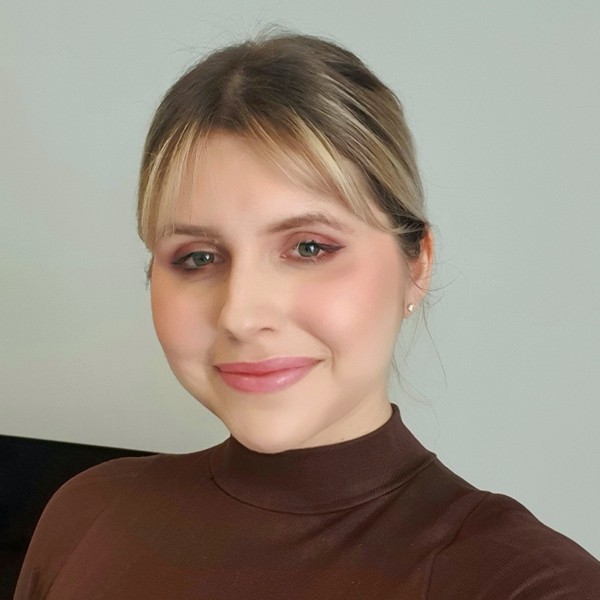
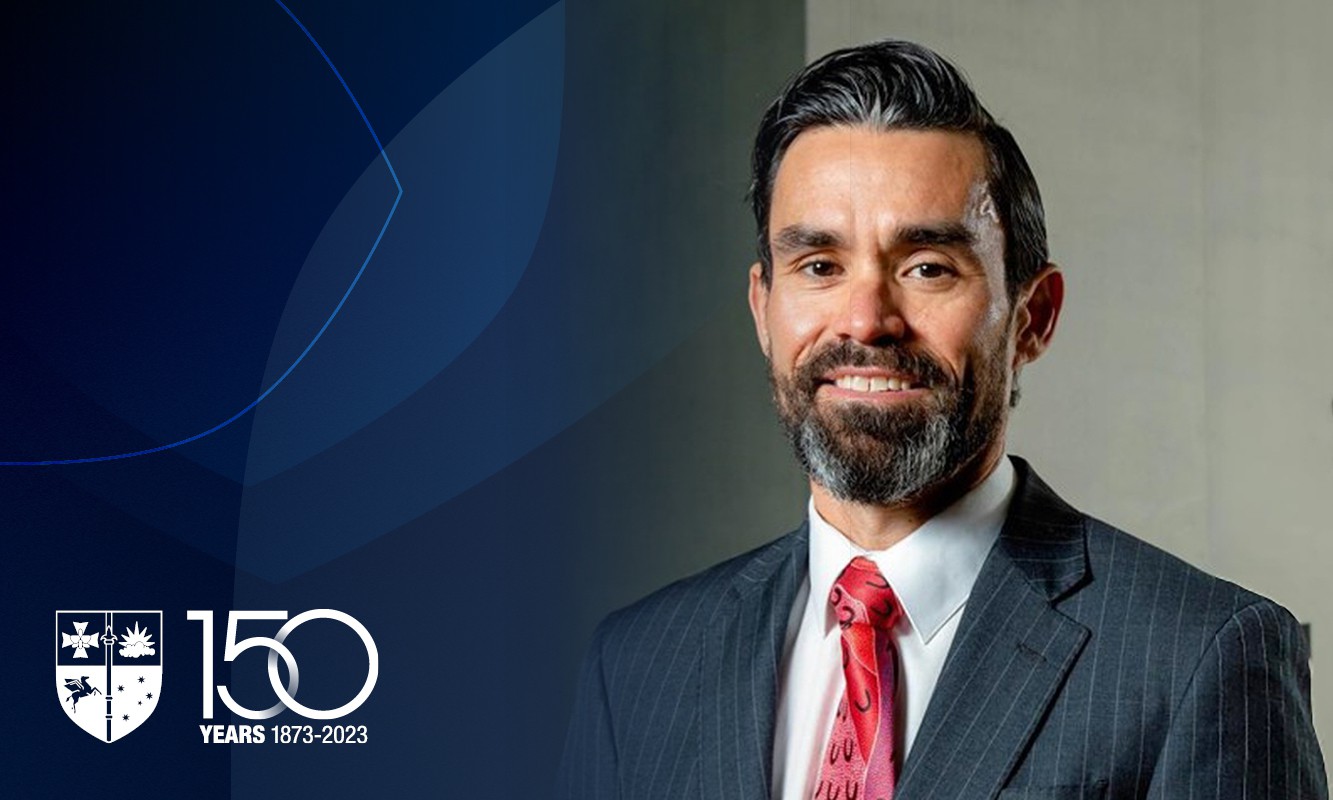
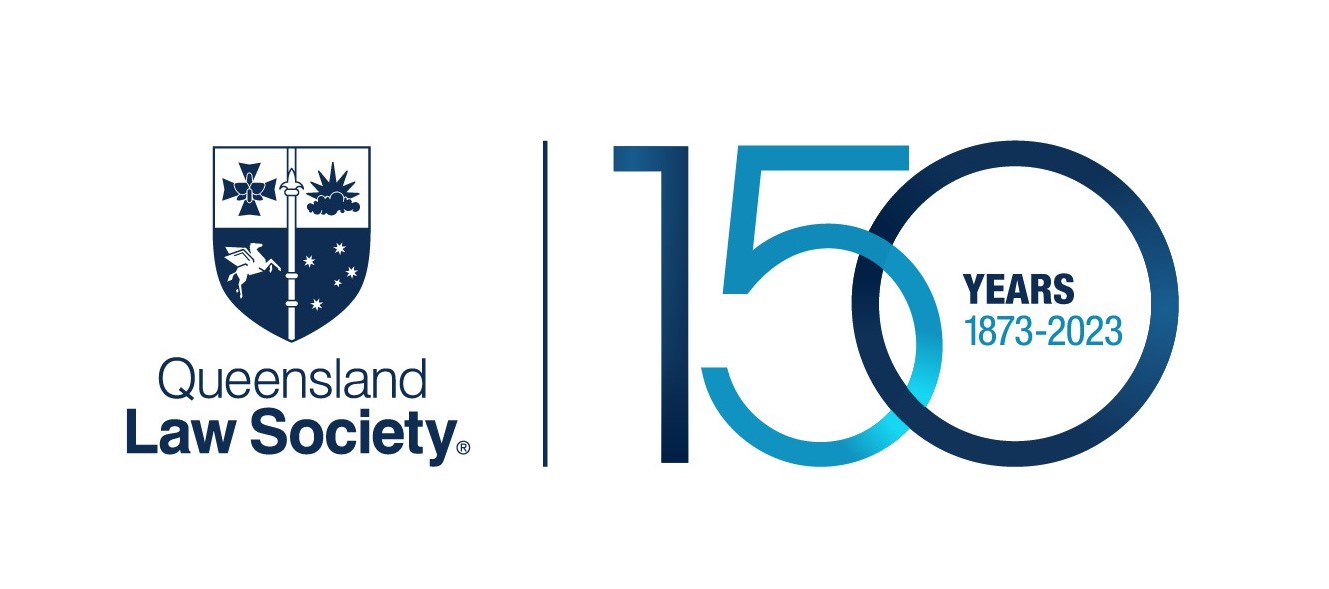



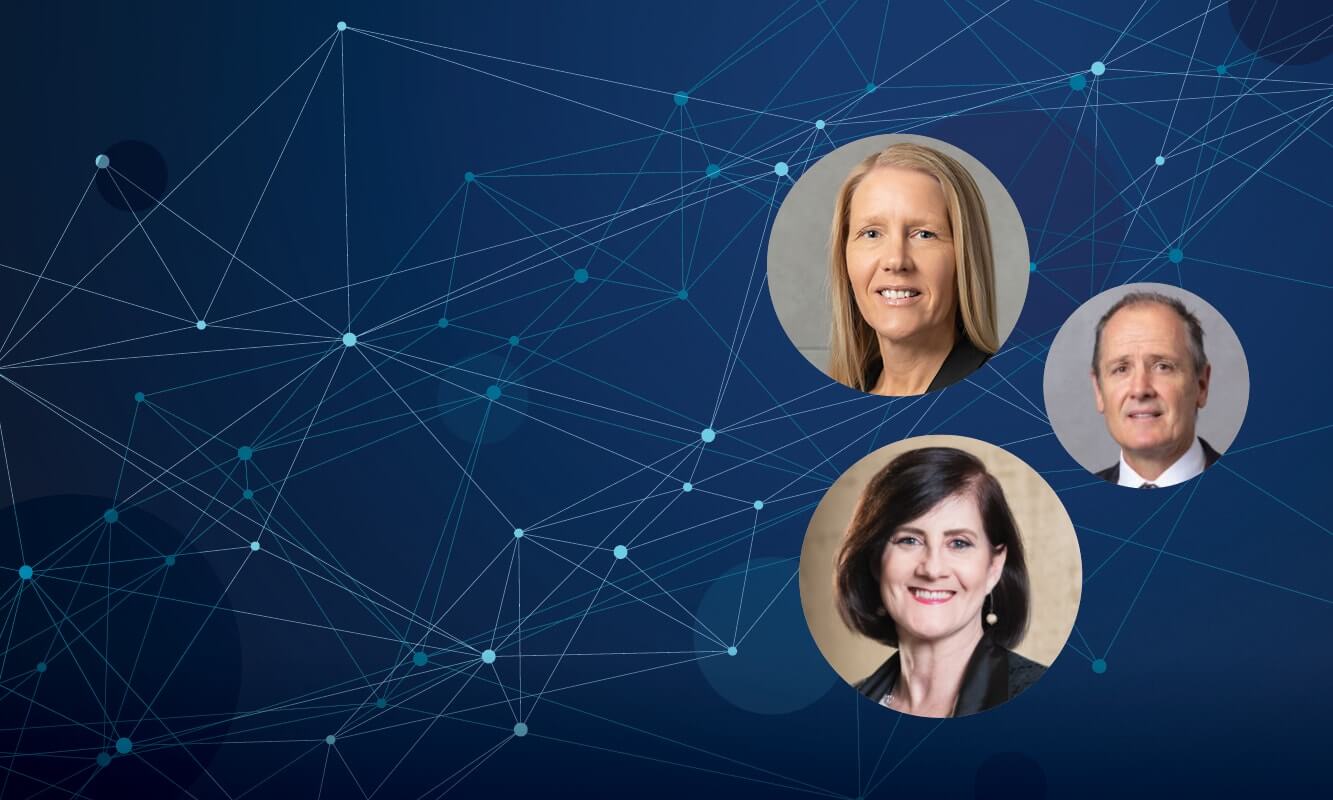
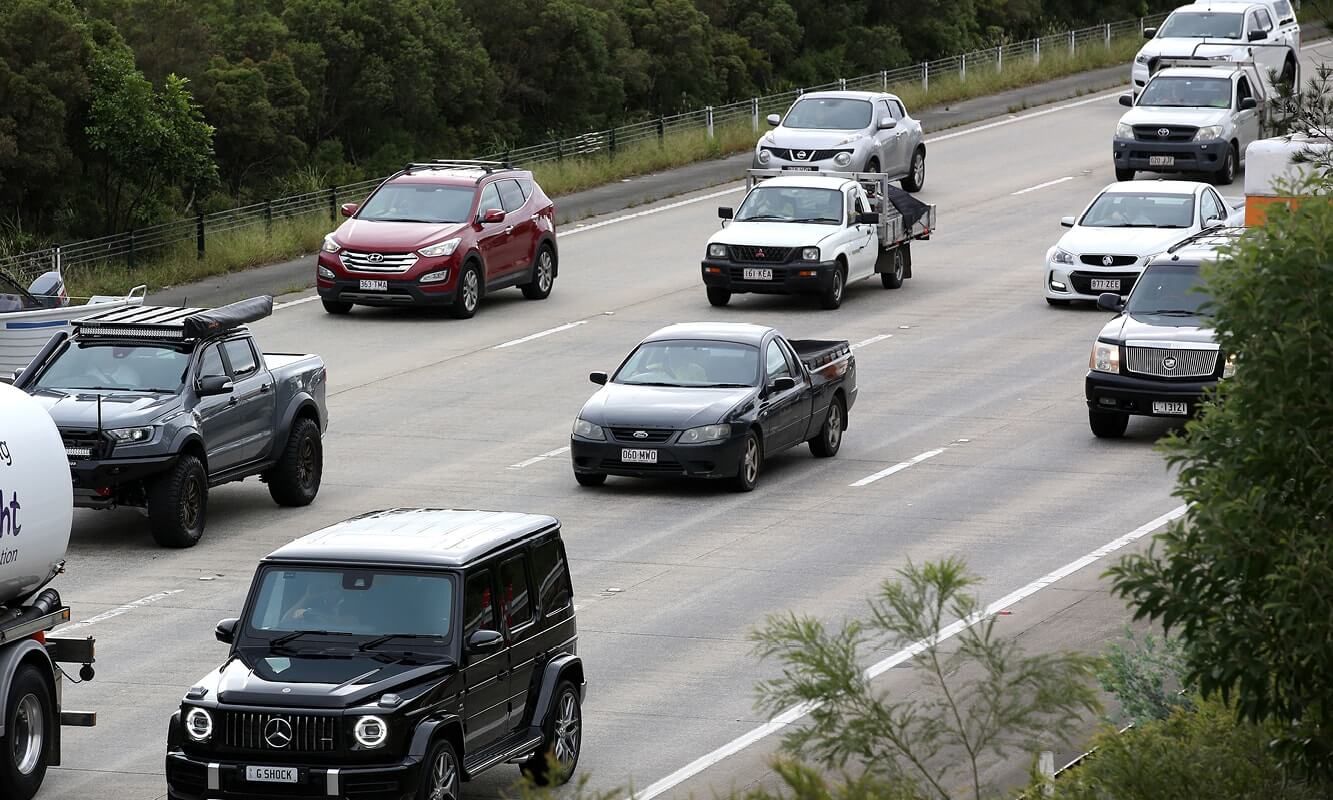
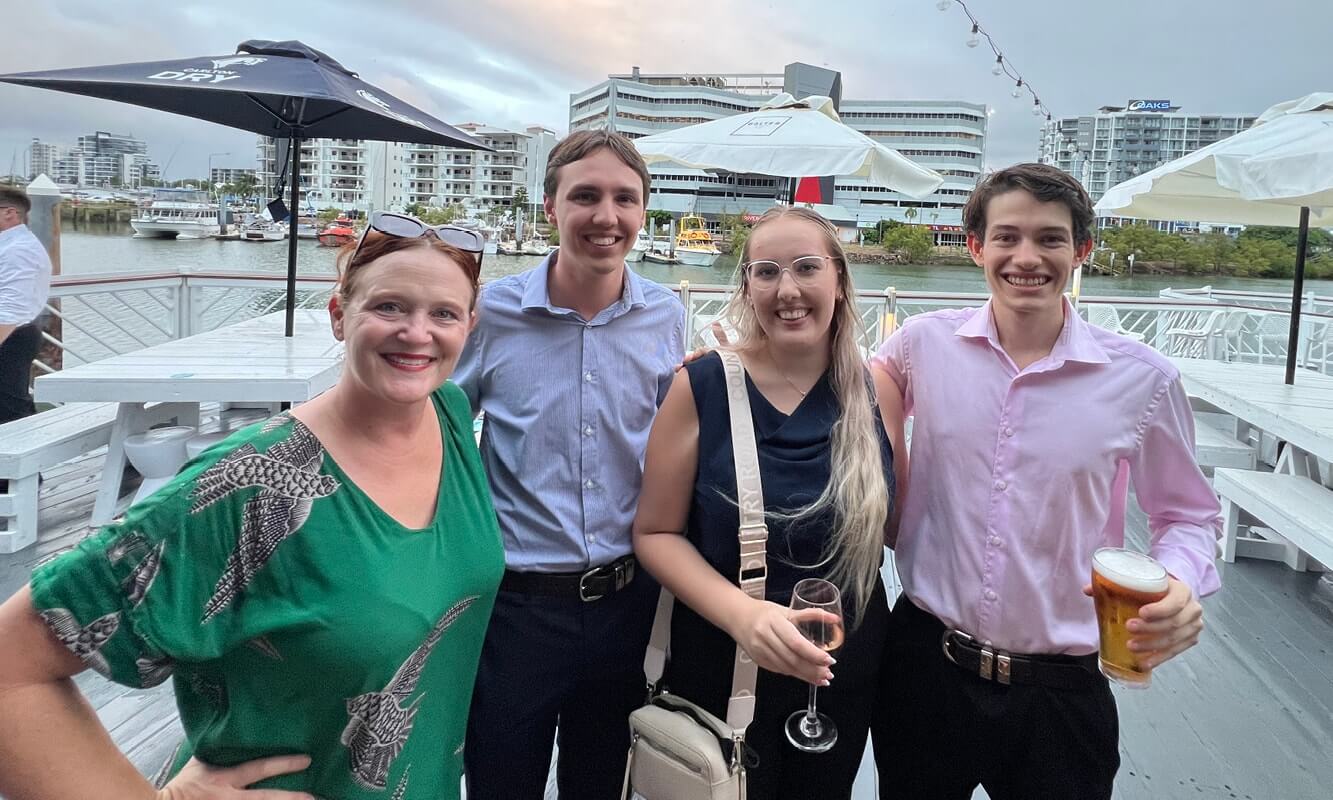
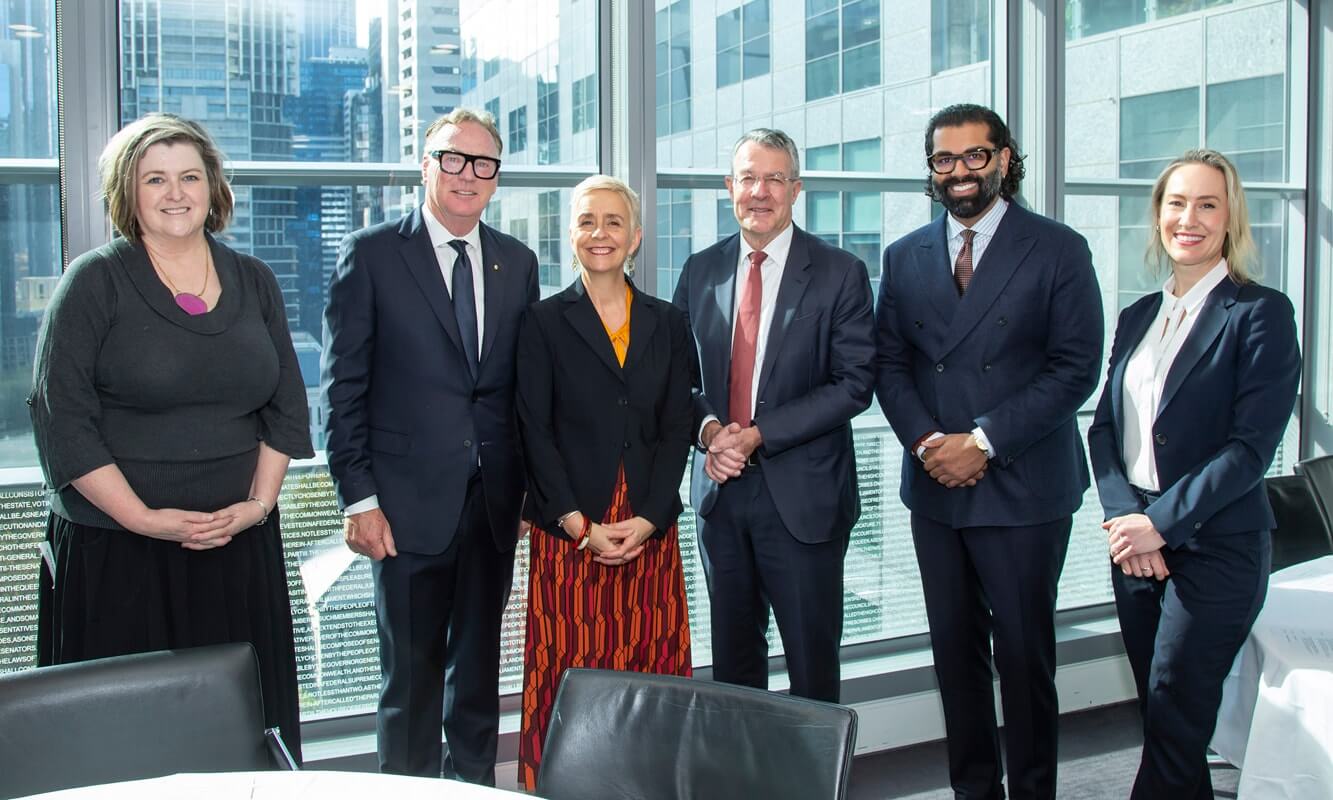
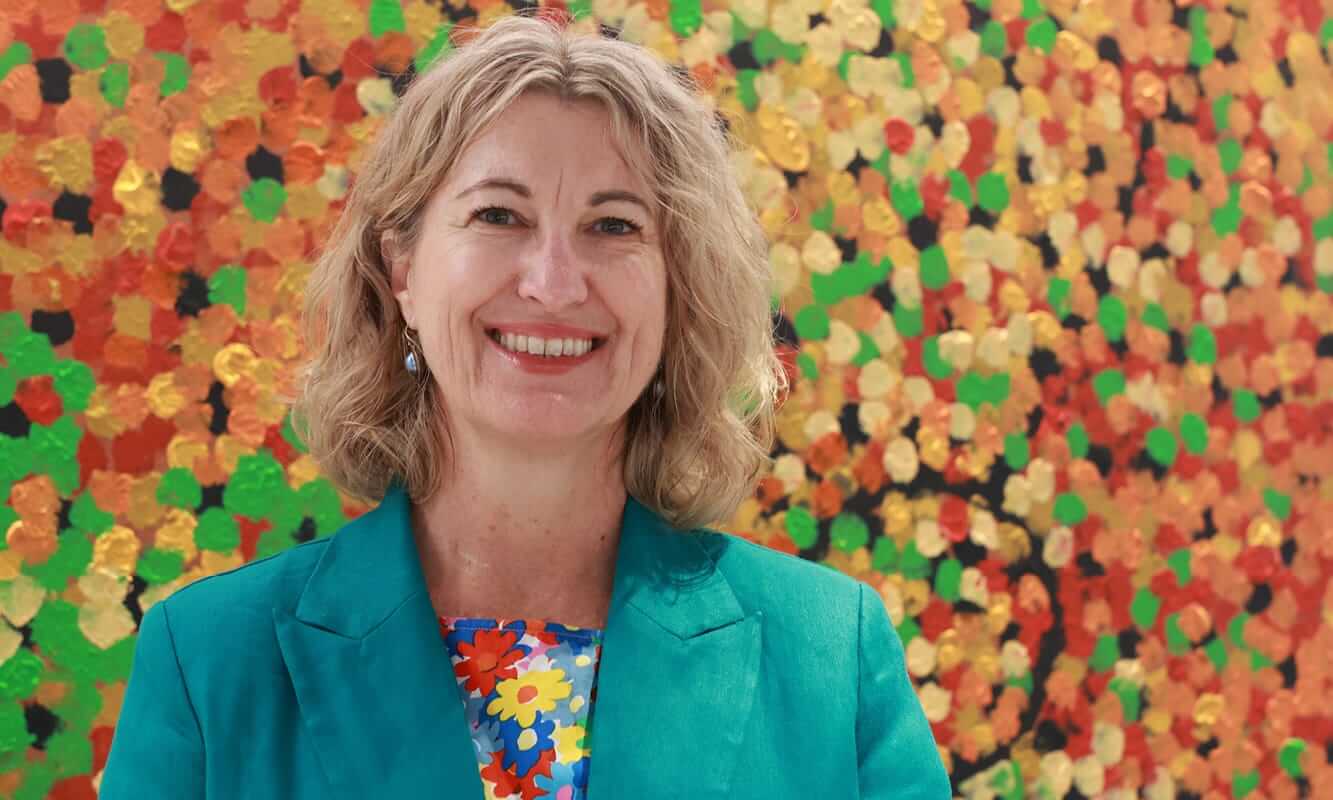
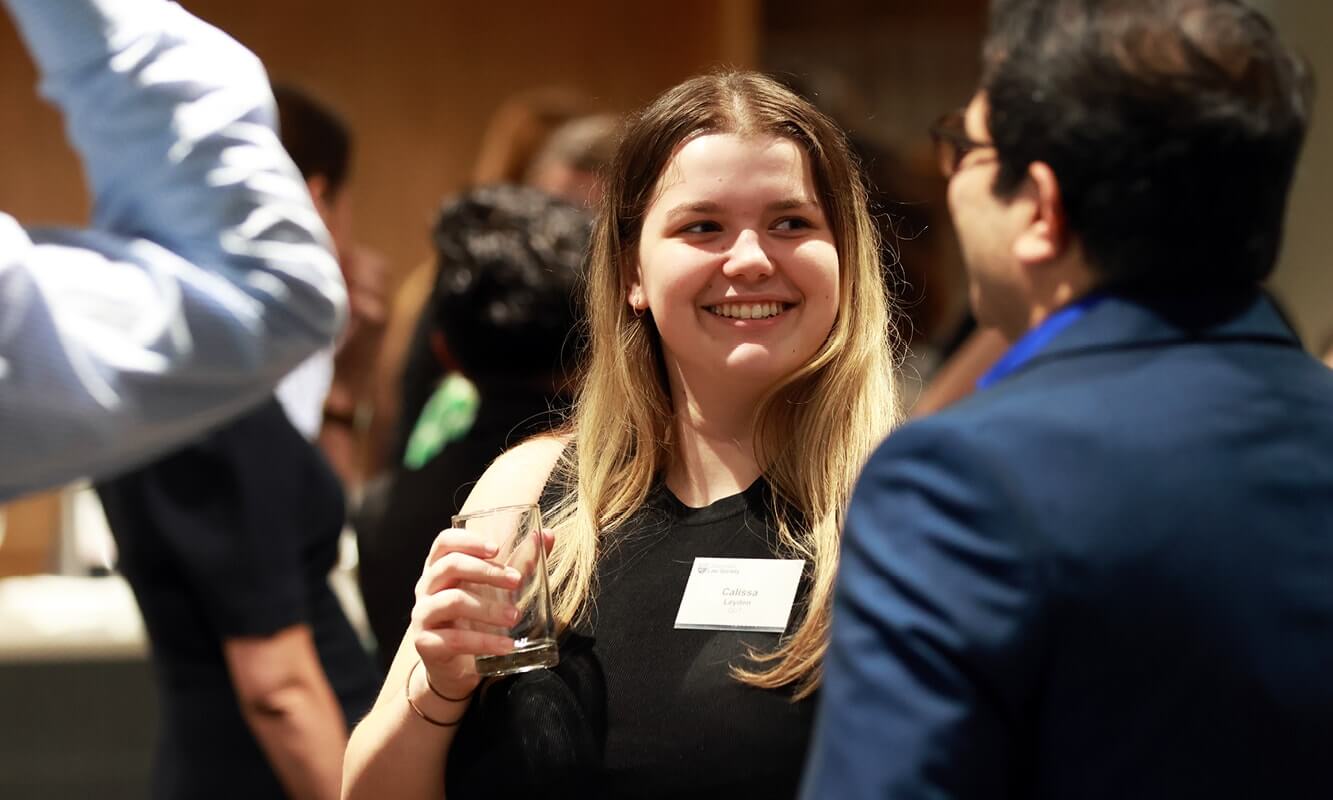

Share this article